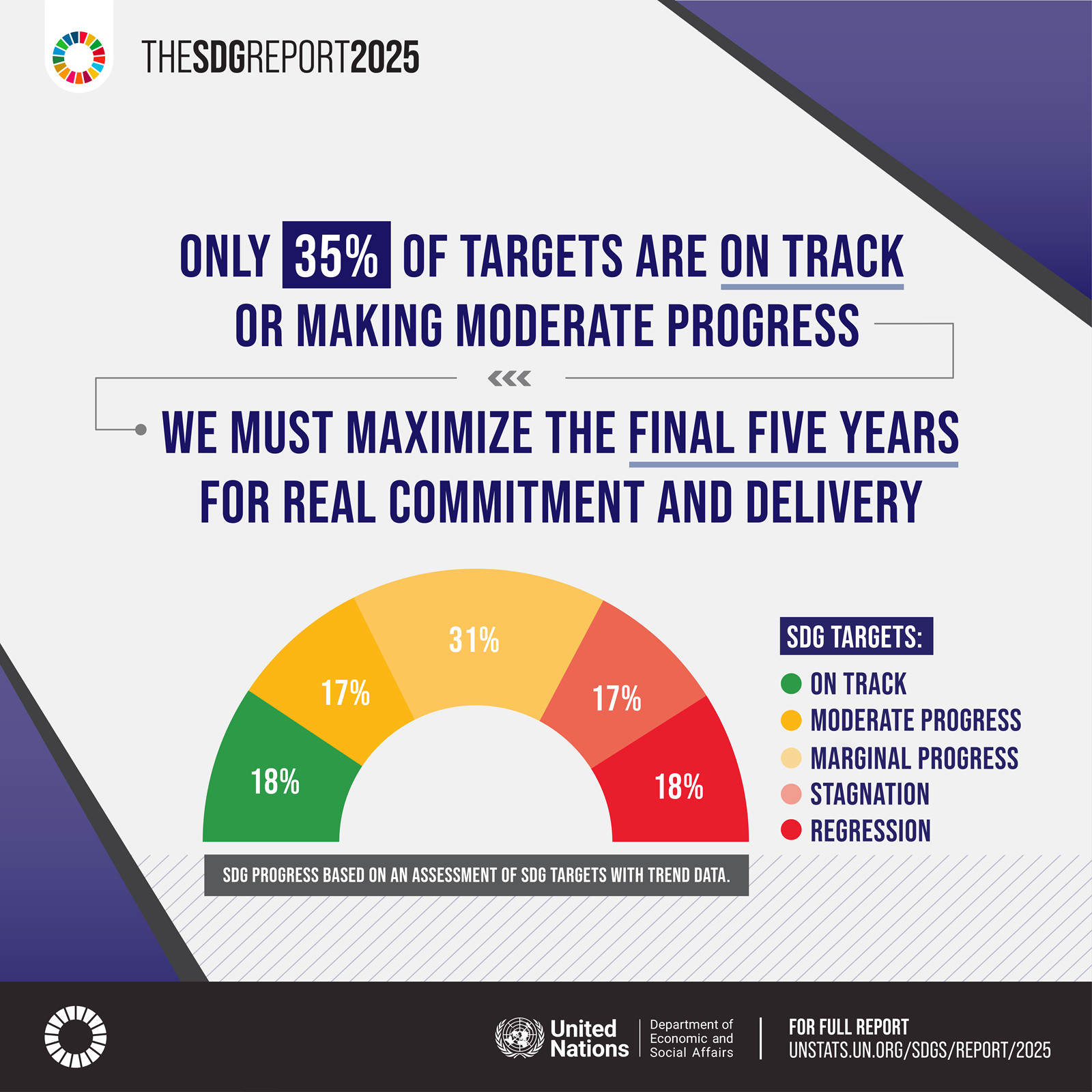Wetlands ecological services contribute $47.4 trillion annually to human health, happiness, and security according to UNEP. The World Wetlands Day will be commemorated on 2 February 2023 on the theme “It’s Time for Wetlands Restoration,” which highlights the urgent need to prioritize wetland restoration.
At the 14th Conference of Parties to the Ramsar Wetlands Convention, while the importance of people-centric wetland management approaches was agreed, the lack of financial incentives and sustainable business models was identified as a main constraint for community motivation in the wise-use of wetlands. The Secretary General’s report showed low progress in projects that contribute to poverty alleviation, indicating that current wetland conservation programs do not adequately address livelihood development.
In Uganda and in many parts of East Africa, the tension between conservation and development remains as communities, private entities and even Local Governments seek to expand land holdings for housing industry and agriculture.
This year’s World Wetlands Day theme that calls out for wetlands restoration is spot on and is a clarion call for double efforts to reverse the loss of wetlands building on the Kunming-Montreal Agreement adopted by 196 countries under the UN Convention on Biological Diversity, committing the world to halting and reversing biodiversity loss by 2030. Specifically, there was an agreement on inclusion of inland waters and coastal ecosystems in the targets on restoration and conservation of 30% of the planet by 2030.
As Uganda and other Parties to the Ramsar Convention translate this landmark agreement into national plans and turn their attention to implementation, and as the global community prepares for the UN Water Summit, scaling up wetland restoration and conservation must take centre stage.
Uganda’s other task now is to protectively guard against any further loss of wetland acreage and to find ways and means of getting communities and people dependent on / living in close proximity to these vital resources to gradually take up alternative options.
Above all, full implementation of the decision to cancel illegal land titles located in critical urban wetlands is overdue
